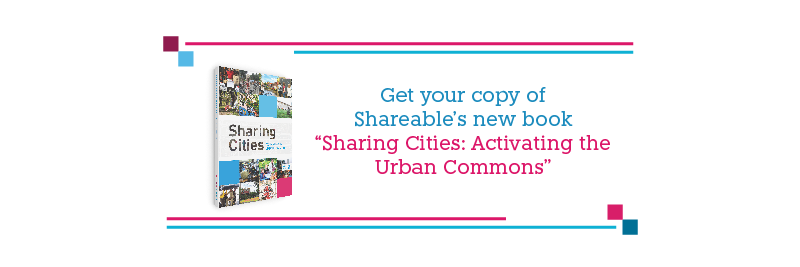Auckland’s population is expected to grow by more than 50 percent in the next 30 years. To meet the social and infrastructural challenges associated with accelerated growth, in 2011 the city launched a comprehensive public consultation. The process included an open summit, public workshops, and multiple opportunities for the community to have a voice in the final outcome of their urban development plan. Eight thousand pieces of public feedback were submitted on the initial draft and were received through a variety of mediums and platforms such as the project’s website, the postal service, email, and social media. The Office of Ethnic Affairs worked to solicit comments from ethnic minorities in order to make the final product as representative of the local community as possible.
The Auckland Plan is an example of a participative and inclusive co-design project that balanced market, state, and commons interests with the goal of becoming “the world’s most livable city.” Unique action plans have been developed for 13 key focus areas: people, Maori, arts and culture, historic heritage, recreation and sport, economy, environment, response to climate change, rural, urban, housing, physical and social infrastructure, and transport.
The plan was finalized after a year of work, in which thousands of Aucklanders had the opportunity to give feedback, make proposals and draft their own submissions. Thanks to a transparent and honest system of communication between the city and civil society, the plan demonstrated a path of collaborative and co-managed design that is an example to be replicated in many cities around the world.
View the full civic participation policy:
This article was adapted from our latest book, “Sharing Cities: Activating the Urban Commons.” Download your free pdf copy today.










